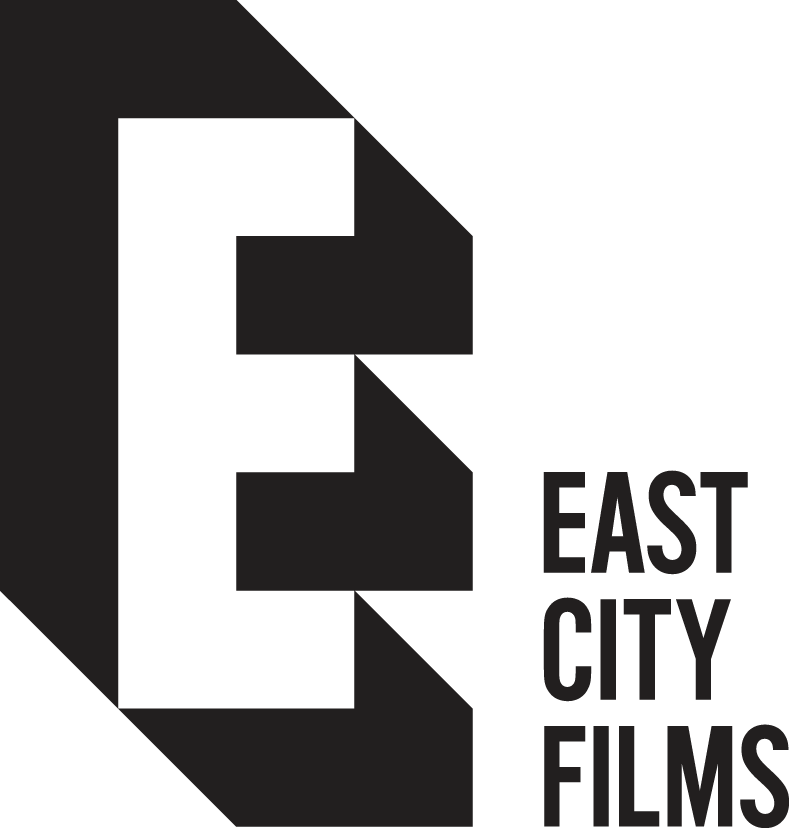The Waiting Room VR
A Film and VR Experience by Victoria Mapplebeck
When Victoria Mapplebeck was diagnosed with breast cancer, she decided to record each step of her journey from diagnosis to recovery. The Waiting Room is an unflinching portrait of the blood, sweat and tears of cancer treatment. Victoria makes visible the often invisible parts of cancer treatment, the sickness, the fatigue, the tears and the hair loss. The Waiting Room film launched on The Guardian website as part of their documentaries strand with the second part of this project, The Waiting Room VR, premiered at the Venice Biennale and IDFA, where is won Best Digital Storytelling.
The Waiting Room: VR explores the cultural myths and language of chronic illness, asking us to confront what we can and what we can’t control when our bodies fail us. The lynchpin of this VR piece, is a 9 min durational 360 take, a reconstruction of Victoria’s last session of radiotherapy, which marked the end of nine months of breast cancer treatment. The user finds themselves in an intimate and unexpected role of bystander. This experience is counter balanced by a CGI journey inside Victoria’s body. Working with 3D artists, Victoria has bought to life the medical imaging she’s collected through out treatment. Cancer cells, CT scans, mammograms and ultrasound provide a 3D portrait of her body from the inside, out. The Waiting Room: VR begins with a personal journey but as cancer affects one in two of us over the course of a lifetime, it also tells a very universal story.
Radiotherapy Planning Scan
London Radiotherapy Centre - Guys Hospital
“It has been such a thrill to work Victoria on this VR and 360 video. I have been a fan of Victoria’s work for many years now, and thanks to the Documentary Encounters commission we found an amazing opportunity to work together for the first time. Translating Victoria’s unique style and intimate narrative was challenging in VR, and meant the whole team had to work together to find the right tools to make this experience come to life in a way that felt rooted to Victoria’s personal experience of cancer. The resulting VR experience feels true to Vic as a filmmaker and a woman going through a life-changing diagnosis. It has been a real honour to see this project come alive, and we look forward to people experiencing it.”
The Waiting Room VR will have its World Premiere at Venice Biennale 2019.
Commissioners
The Waiting Room VR was commissioned as part of the Virtual Realities – Immersive Documentary Encounters EPSRC funded research project. The multi-disciplinary research led by Dr. Kirsten Cater, Prof. Danaë Stanton Fraser and Mandy Rose brings together computer science, psychology and documentary studies to investigate and support the unexpected adoption of Virtual Reality within Documentary and Journalism funded by The University of Bristol, University of Bath and the University of the West of England (UWE Bristol), in partnership with Watershed.
About Victoria Mapplebeck
Victoria Mapplebeck is a BAFTA award winning writer, artist and director. She is also Reader in Digital Arts at Royal Holloway, University of London. Her practice explores the many ways in which interactive and immersive technologies are evolving, exposing innovative content to fresh audiences on new platforms. In 2014, Victoria wrote and directed TEXT ME an award winning interactive arts project produced in partnership with BALTIC Centre for Contemporary Art. TEXT ME is a live and online platform which creates an evolving and living archive in which users are encouraged to collect, curate and share stories from their digital past. TEXT ME won The Merging Media Prize for Best European Cross platform Project and The 2014 Pixel Lab Prize.
More recently, Victoria has begun to specialise in smartphone production and making short form online video with impact. In 2015, Victoria filmed and directed 160 Characters a smartphone short for Film London. Shot entirely on an iPhone 6, 160 Characters brings to life the secrets buried in a vintage Nokia. It won the Best Documentary Award at the 2017 Short of the Week Film Awards and was short listed for the Innovation category of the 2016 AHRC Research in Film Awards. When the film launched online it received a Vimeo Staff pick and has since gathered over a million online hits.
In 2017, Victoria shot and directed Missed Call, a smartphone short which explored the relationship between the filmmaker and her teenage son Jim as they work out how to reconnect with his father who’s been absent for a decade. Missed Call was the first commissioned short film to be shot on the iPhone X and recently won a 2019 BAFTA in The Short Form Film category. In 2018, Missed Call won The Social Media Short Award at the 2018 AHRC Research in Film Awards
In 2019, Victoria was awarded a EPSRC Immersive Documentary Encounters Commission, to create a VR project which tells the story of her breast cancer from diagnosis through treatment to recovery. Victoria writes regularly about documentary and VR for The Guardian, The Huffington Post and The Conversation. She has given lectures and keynotes at The Banff New Media Institute, Sheffield Doc Fest, IDFA, The V and A and is interviewed regularly for BBC, ITV and Sky news on developments in smartphone production. Films, articles and more info at the links below:
Vic with Nonny De La Pena.
The Waiting Room VR team.






